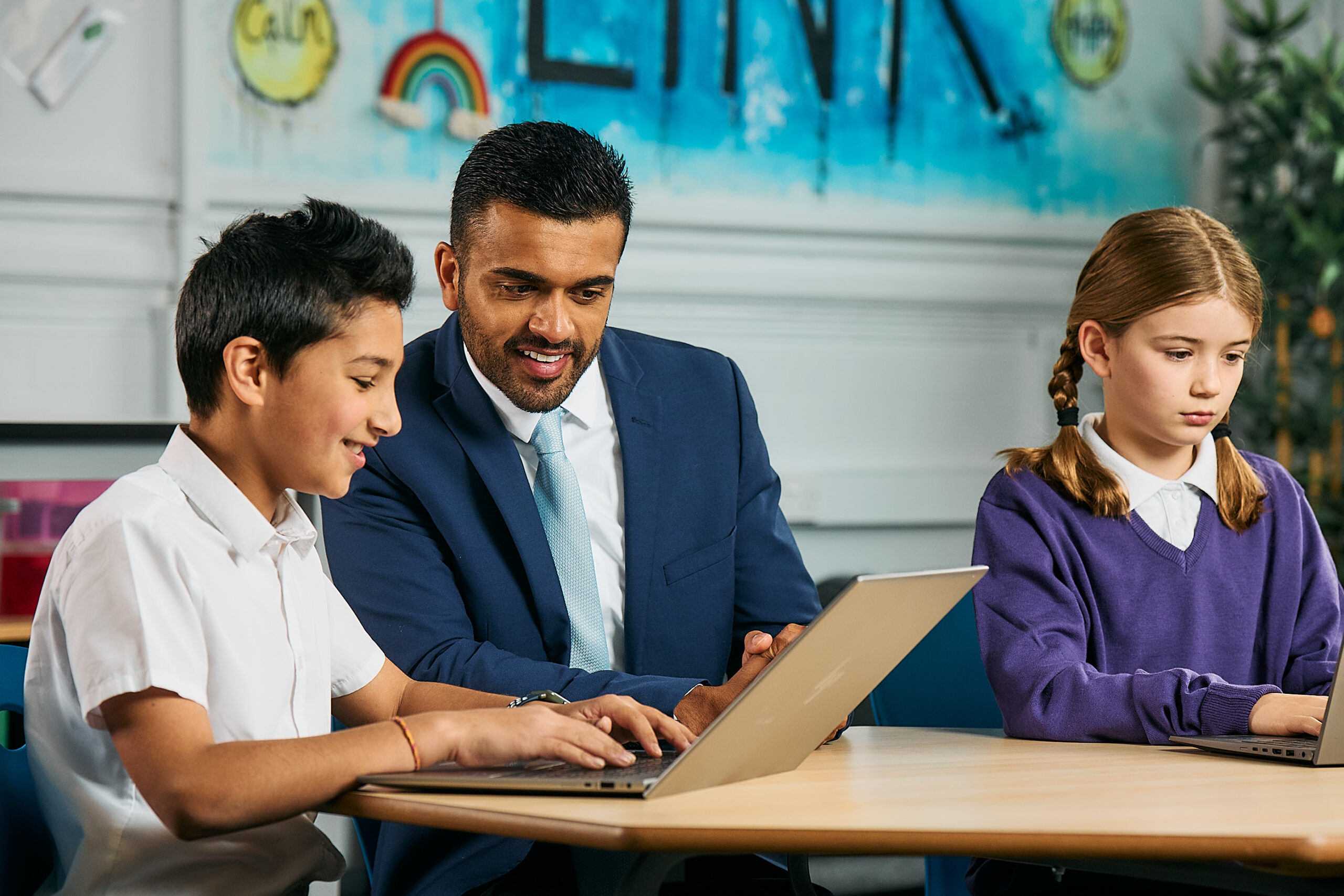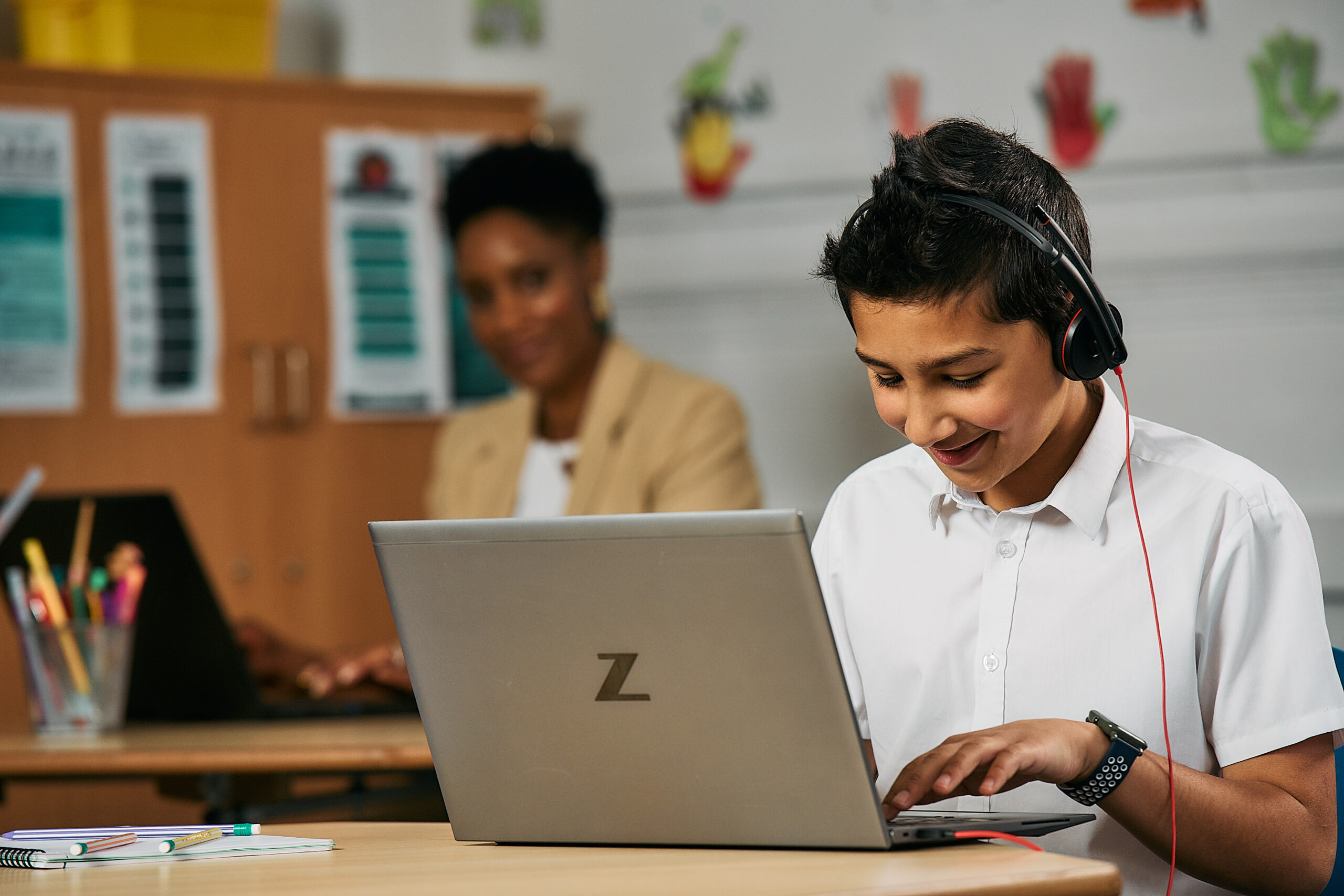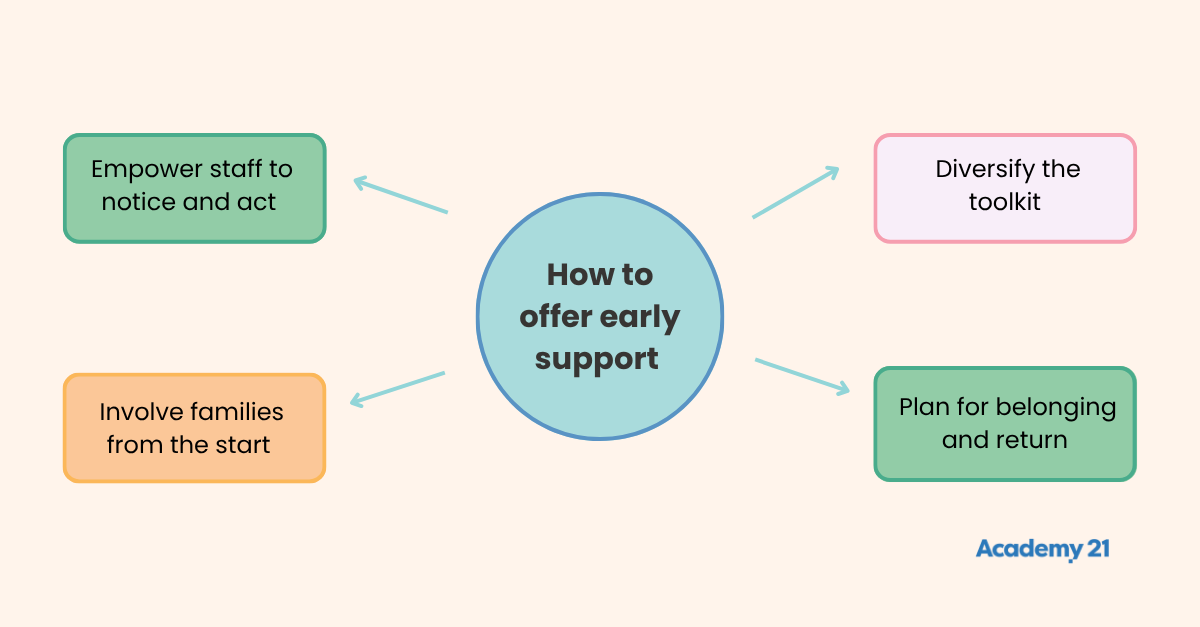Helping young learners thrive: a guide to early intervention services in Primary education

For many children, primary school is where their identity as a learner begins to take shape. It’s where friendships are formed, foundational knowledge is built, and emotional and social development flourishes. However, when a child starts to experience challenges, whether in regulating emotions, engaging in learning, or navigating relationships, it can impact their sense of belonging, confidence, and future outcomes.
Early intervention services give schools a chance to respond before these experiences become more entrenched. It enables young learners to receive the care and support they need in a manner that feels timely, proportionate, and relational, thereby helping them stay connected to their learning and the school community.
At Academy21, we believe every child deserves that chance. That’s why we’ve extended our live, teacher-led provision to include Key Stage 2, providing high-quality academic and pastoral support for children aged 7 to 11. Our flexible approach works in partnership with schools and local authorities to ensure that children experiencing difficulties receive the right support, at the right time, from people who understand them.
Why early intervention services are crucial for Primary learners
When schools notice that a child is beginning to disconnect emotionally, socially, or academically, they’re often responding to the earliest signs of something more profound. A change in participation, increased anxiety, emotional dysregulation, or quiet withdrawal may all be indicators that a pupil needs additional support.
Without timely intervention, those challenges can escalate. What starts as a short-term difficulty can, over time, begin to affect attendance, relationships with staff and peers, or even lead to exclusion.
Early intervention offers a different path. It creates a space for understanding and support before a child’s experiences become barriers to learning. It helps schools maintain inclusion by responding to individual needs, rather than waiting for a crisis to trigger formal processes.
Crucially, early intervention is not a one-size-fits-all solution. It’s about offering flexible, proportionate support that’s rooted in relational practice. It acknowledges that each child’s circumstances are unique, and that the aim is not to remove them from their school environment, but to strengthen their connection to it.
What do effective early intervention services look like?
While early intervention can take many forms, certain principles underpin the most effective approaches. These principles ensure that support isn’t just timely, but truly impactful for the young person and sustainable for the school.
A whole-child lens
Effective early intervention sees beyond academic progress. It considers the full context of a child’s life — their emotional wellbeing, family situation, learning preferences, sensory needs, and how they experience the school environment. This holistic view enables schools to respond in a compassionate and targeted manner.
Strong, relational foundations
Relationships are at the heart of meaningful support. Children need to feel safe, seen, and understood. Whether a child is accessing additional provision within their school, via an external provider, or a mix of both, consistent, caring relationships foster trust and emotional safety. Relational practices are essential foundations for progress and re-engagement.
Flexible and proportionate provision
Not every child needs a full-time or long-term intervention. Sometimes, a few hours a week of structured, high-quality support can be enough to rebuild confidence, re-establish learning habits, or reduce anxiety. Flexible models, such as those provided by Academy21, enable schools to tailor their support to the individual child’s needs, offering just the right level of support.
Clear reintegration pathways
Where a child is supported through alternative provision, the ultimate goal should always be to build the skills and confidence needed to return to school, re-engage in learning, and rejoin their peer group. A thoughtful reintegration plan, created in partnership with the pupil, school, family, and any external providers, ensures continuity and avoids disconnection.
Early identification of signs
Effective early intervention depends on schools being able to notice the minor signs. It values teacher insight as much as data, empowering staff to share observations without needing to wait for a pattern to ‘prove’ itself. This proactive culture enables more children to be supported before their challenges become more complex.

Advice for schools and local authorities: Enabling early support
Many schools and local authorities are already doing exceptional work to meet the needs of primary-aged children. But growing student needs and increasing pressures on resources can make it difficult to find the time or tools to intervene early. Here are some ways to strengthen your early intervention approach.
Empower staff to notice and act
Early intervention starts with awareness. Teachers, teaching assistants, and other staff are often the first to notice when something changes for a pupil. Build a culture where observations are shared early, not only when concerns reach a threshold, and where professional judgement is trusted.
Establish clear referral routes within the school so staff can identify when a child requires additional support easily. Recognise that these conversations may be about relationships, behaviour, or emotional regulation just as much as about attainment.
Involve families from the start
Families are often a vital source of insight, and they are also key partners in any intervention plan. Establish open, respectful channels of communication early on, and create space for parents and caregivers to share what they’re noticing as well.
When families feel that schools are working with them, rather than for them, interventions are more likely to succeed, and the child feels more supported from all directions.
Diversify the toolkit
There is no single route to early support. In-school mentoring, small group interventions, targeted therapies, and online education can all play a role. Ensure your provision map includes flexible options that enable you to respond to a wide range of needs and capacities.
For some children, external support may feel safer – a chance to reset outside the classroom context. In such cases, trusted online provision like Academy21 can provide pupils with a calm, structured space to build confidence without severing ties to their school.
Plan for belonging and return
Alternative provision should never be a destination in itself for young learners. Any intervention, especially those that take place outside the classroom, must include a clear route back. That means ensuring the pupil remains connected to their class identity, school community, and trusted adults.
Academy21 works closely with school staff to share updates, track progress, and support reintegration, helping each pupil return with the confidence and strategies they need to succeed.

How Academy21 supports primary pupils through early intervention
Our Key Stage 2 programme is designed with early intervention at its core. It provides schools and local authorities with the opportunity to offer tailored support for pupils aged 7 to 11, whether they require a simple confidence boost, a safe space to re-engage, or a structured environment to help with regulation and routine.
- Live, online, teacher-led lessons: All sessions are delivered live by qualified teachers with a deep understanding of child development, relational practice, and early learning. Lessons are interactive and age-appropriate, delivered in small groups with a strong focus on connection and engagement.
- Flexible provision that fits: Pupils can join for a few hours a week or follow a fuller timetable — depending on what’s right for them. Schools retain oversight and shape the intervention, while we handle the teaching and safeguarding.
- Safe, structured environments: Our virtual classrooms are calm, welcoming spaces where children can participate without fear of judgement. Routines and expectations are clear, helping pupils feel secure and able to re-engage in learning.
- Integrated safeguarding and pastoral care: Every child is known as an individual. Our teachers and safeguarding team work together to ensure that pupils are safe, cared for, and supported to grow in confidence throughout their time with us.
- Partnership and reintegration planning: We work closely with schools and local authorities. Progress is regularly reviewed and shared, and reintegration is planned from the outset to return pupils to their classroom stronger, more confident, and better able to succeed.
Every child deserves to feel seen, heard, and supported
Early intervention is about offering timely support that helps children feel understood and capable, in a way that preserves their relationships, their learning identity, and their connection to school. With the right tools and partnerships, schools can act early, not just to meet needs, but to build the foundations for lifelong engagement. At Academy21, we’re proud to be part of that mission.
Explore our Key Stage 2 provision or speak to our team to see how we can support your school.



